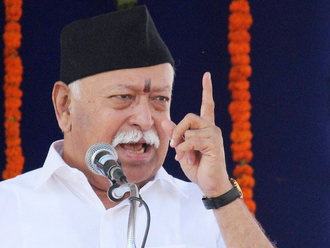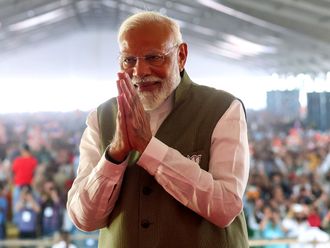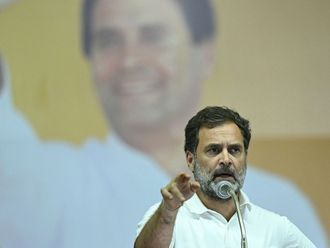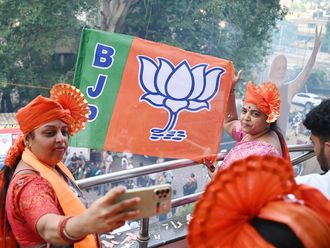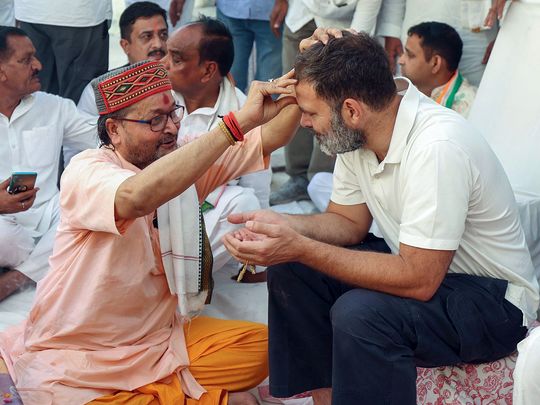
After considerable speculation and doubt, Rahul Gandhi, the scion of the Nehru-Gandhi political dynasty, filed his nomination papers for the Lok Sabha elections from Raebareli. He has already contested from Wayanad, in the deep South, where he was elected in 2019 after losing to Smriti Irani in Amethi. Now that he is staking his claim on Raebareli too, the question on everyone’s mind is will he win? If he does, what are the implications?
What makes Raebareli so special? To understand this, we must dive into its history as one of India’s most important parliamentary constituencies.
A telling point of entry is afforded to us on Sep. 8, 1960. That is when, a few days before he turned forty-seven, the first elected Member of Parliament from the Uttar Pradesh Lok Sabha seat of Raebareli died of a heart attack in Delhi’s Willingdon (now Dr. Ram Manohar Lohia) hospital.
His name was Feroze Gandhi. He was no relation to Mahatma Gandhi, though they shared the same surname. Feroze was a Parsi (Zoroastrian) born in Bombay (now Mumbai). After he lost his father when he was barely eight, he moved to Allahabad to live with his spinster aunt, a surgeon in the Lady Dufferin Hospital.
Growing up in the heady days of the independence movement, he became an ardent Congressman. And, as was inevitable, he soon became a frequent visitor at Anand Bhavan or Happy House. The Nehru family home, as it was so rechristened, was built after the original “Anand Bhavan” next door was turned into Swaraj Bhavan or Freedom House.
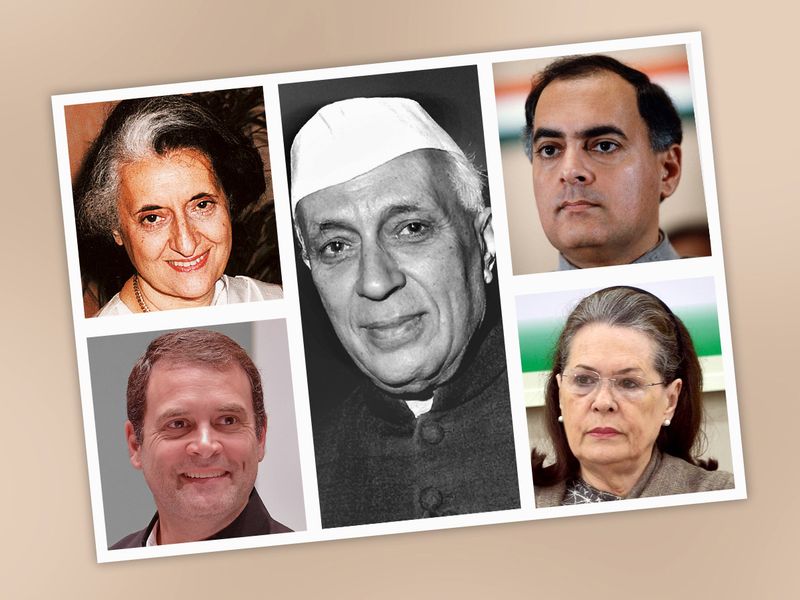
Donated to the Congress party, the latter now served as its headquarters in the region. Feroze and Indira, the daughter of India’s first prime minister, Jawaharlal Nehru, became close. The Nehru family, after some reluctance, blessed their banns.
After independence, Feroze contested from Raebareli, just south of Lucknow, in India’s first general election of 1952. Few remember that it was then called Pratapgarh District (West)-cum-Rae Bareli District (West), a two-member constituency. This meant that one seat was open to all candidates, while the other was reserved for Scheduled Castes. The Congress won both, with Feroze elected in the general category, with Baijnath Kureel as his SC running mate. In 1957, both of them repeated their previous success.
But, by now, Feroze had fallen out with his father-in-law. His wife, estranged from him, had moved into the prime minister’s official residence, Teen Murti Bhavan, in New Delhi. After he passed away, R.P. Singh of the Congress won the seat in a bypoll.
In 1962, two-seat constituencies were abolished and the Raebareli was reserved for SCs. Kureel won once again. In the 1967 general elections, the seat was de-reserved, with Indira Gandhi, then India’s prime minister, winning by a handsome margin.
Presence in India’s Hindi heartland
Mrs. Gandhi held Raebareli until 1976 when she was ousted by Janata Party candidate Raj Narain. But she returned to power, winning not only from Raebareli but also from Medak in Andhra (now Telangana). From 1980 to 2004, Raebareli passed between the Congress and the Bharatiya Janata Party (BJP). From 2004 to 2024, Raebareli became the bastion of Sonia Gandhi, Indira Gandhi’s daughter-in-law, and Rahul Gandhi’s mother.
This peep into the past shows just how important retaining this seat is for not just the Gandhi family, but the Congress. Else, as prime minister Narendra Modi predicted, they will be totally wiped out from India’s largest and most politically influential state. Without a presence in India’s Hindi heartland, neither the Congress nor the Gandhis will have any chance of returning to power.
Knowing this only too well, Rahul and his political advisers must have planned this contest from the family pocket borough that his mother vacated when she became a member of the upper house or the Rajya Sabha.
Those in the know believe that if he wins, Rahul will retain his Wayanad seat out of loyalty to his Southern voters. Raebareli will be handed down to his sister, Priyanka. She has been actively campaigning there for her brother as she did earlier for her mother.
Will he win? That is a question that only the voters of Raebareli can answer. But Rahul has plenty to gain if he does. He stands to regain some of his lost prestige and shore up his sagging image.
True, Rahul is perhaps the most privileged — as well as the most reviled — political leader in India. Perhaps, even the most unsuccessful of any of his family members who led what was India’s greatest political party, the Indian National Congress.
But the truth is that he has not given up. In politics, persistence pays. Not everyone can be politically as savvy or extraordinary as Modi.
Most politicians are actually rather mediocre, especially in India, where family, caste, creed, language, religion, and other markers of identity politics count much more than political acumen or any other kind of merit. Of course, money power is crucial, as is legacy, continuity, and recognition. Luckily for Rahul, he still has the last three, inherited more than earned though they may be.
Yet, as I said earlier, despite all the setbacks and mockery directed at him by the ruling party’s politicians, apparatchiks, and media managers, Rahul has not given up. If his reward is Raebareli, it will be a sweet poetic justice indeed.
For the ruling BJP, the lesson will be, “never underestimate or write off your opponent” — and, one might add, “Avoid overkill.” The scorn that they have continuously heaped on Rahul may well serve him in good stead if it draws the sympathy of voters who think that he is more sinned against than sinning.



